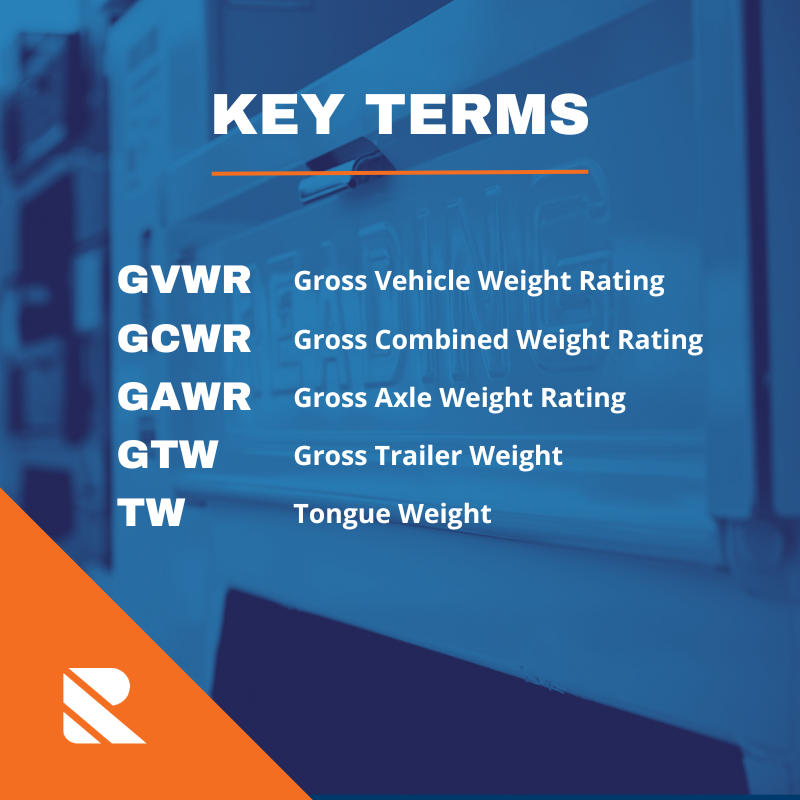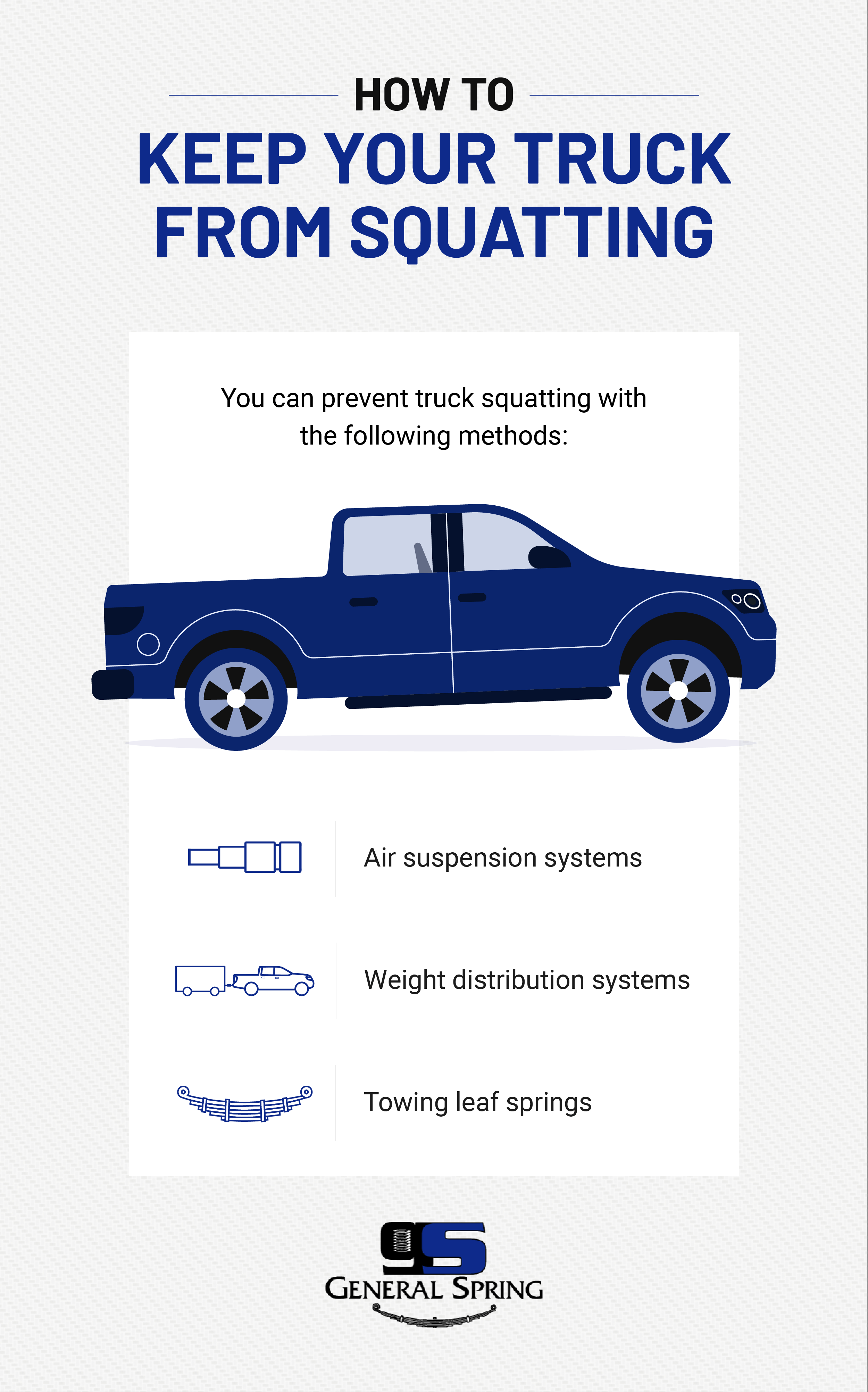Towing is moving a trailer or another vehicle. It involves pulling it with a car, truck, or other vehicle. When towing, knowing the towing capacity is important. Towing capacity is how much weight your vehicle can pull safely. But how much spare weight should you leave? Let’s find out.

Credit: www.readingtruck.com
Understanding Towing Capacity
First, we need to understand towing capacity. Towing capacity is the maximum weight a vehicle can tow. This includes the weight of the trailer and everything on it. Car makers tell us this number. You can find it in the owner’s manual or on the car’s door sticker.
Why Spare Weight Matters
Leaving spare weight is important for safety. If you use all the towing capacity, it can be dangerous. Your car might not stop well. The engine might get too hot. You could lose control. So, leaving some spare weight helps keep you and others safe.
How Much Spare Weight To Leave
Experts say you should not use the full towing capacity. It’s best to use 80% to 85% of it. This means leaving 15% to 20% spare weight. Let’s say your car can tow 1000 pounds. You should tow only 800 to 850 pounds. This gives you spare weight for safety.
Factors Affecting Towing Capacity
Many things affect how much your car can tow. Understanding these helps you decide how much to tow.
Vehicle Type
Different vehicles have different towing capacities. Trucks usually tow more than cars. SUVs might tow more than small cars. So, check your vehicle type first.
Engine Size
Bigger engines can tow more. Smaller engines might struggle with heavy loads. An engine needs power to pull weight. So, consider your engine size.
Transmission Type
Transmission is how power moves from the engine to the wheels. Some transmissions are better for towing. Automatic transmissions are often better for towing than manual ones.
Braking System
A good braking system is important when towing. It helps stop the car and trailer safely. Cars with strong brakes can tow more safely.
Condition Of The Vehicle
Old or damaged vehicles might not tow well. Regular maintenance helps. Check brakes, tires, and engine before towing.
Calculating Safe Towing Weight
Let’s learn how to calculate safe towing weight. It’s easy once you know how. Follow these steps:
- Find the vehicle’s towing capacity. Check the owner’s manual or car door sticker.
- Calculate 80% of the towing capacity. Multiply the towing capacity by 0.8.
- This number is your safe towing weight.
Example: Your car’s towing capacity is 1000 pounds. Multiply 1000 by 0.8. You can safely tow 800 pounds.

Credit: www.generalspringkc.com
Planning Your Towing Trip
Planning helps make your towing trip safe and easy. Follow these tips for a smooth journey.
Check Weather Conditions
Weather affects towing. Rain or snow can make roads slippery. High winds can make towing hard. Check the weather before you go.
Inspect Your Vehicle
Look at your vehicle before towing. Check tire pressure, brakes, and lights. Make sure everything works well.
Secure The Load
Make sure the load on the trailer is secure. Tie it down well. A loose load can shift and cause accidents.
Use Proper Equipment
Use the right hitch and towing gear. Make sure it fits your vehicle and trailer. Proper equipment keeps you safe.
Plan Your Route
Plan your route before you leave. Avoid steep hills and sharp turns. These can be hard to navigate when towing.
Drive Carefully
Drive slowly and carefully when towing. Give yourself more time to stop. Leave plenty of space between you and other cars.
Common Mistakes to Avoid
Here are common towing mistakes. Avoid them to ensure safety.
- Overloading the trailer. Don’t exceed the safe towing weight.
- Ignoring vehicle maintenance. Always check your car before towing.
- Using the wrong hitch. Use the correct hitch for your vehicle.
- Not securing the load. Tie down the load tightly.
- Driving too fast. Slow down for safety.
Benefits of Leaving Spare Weight
Leaving spare weight has many benefits. Let’s see what they are:
Improved Safety
Safety is most important when towing. Leaving spare weight helps stop the vehicle safely. It reduces the risk of accidents.
Better Vehicle Performance
Spare weight improves vehicle performance. The engine works less hard. The brakes last longer. Your car runs smoother.
Reduced Wear And Tear
Less weight means less wear and tear on the vehicle. It helps the engine, brakes, and tires last longer. Regular maintenance is still important.
Increased Fuel Efficiency
Spare weight makes the vehicle use less fuel. You save money on gas. Plus, it’s better for the environment.
Frequently Asked Questions
What Is Towing Capacity?
Towing capacity is the maximum weight a vehicle can safely pull. Check your vehicle’s manual for exact figures.
Why Leave Spare Weight When Towing?
Leaving spare weight ensures safety and prevents stress on the vehicle. It helps avoid breakdowns and accidents.
How To Calculate Spare Weight For Towing?
Subtract the actual weight from your vehicle’s towing capacity. Keep some margin for safety and efficiency.
What Happens If You Exceed Towing Capacity?
Exceeding towing capacity can damage your vehicle. It may lead to accidents, increased wear, and legal issues.
Conclusion
Knowing how much spare weight to leave is important. It keeps you safe and helps your vehicle perform well. Always use 80% to 85% of your vehicle’s towing capacity. Plan your trips carefully. Avoid common mistakes. This way, you can enjoy safe and successful towing adventures.
{ “@context”: “https://schema.org”, “@type”: “FAQPage”, “mainEntity”: [ { “@type”: “Question”, “name”: “What is towing capacity?”, “acceptedAnswer”: { “@type”: “Answer”, “text”: “Towing capacity is the maximum weight a vehicle can safely pull. Check your vehicle’s manual for exact figures.” } } , { “@type”: “Question”, “name”: “Why leave spare weight when towing?”, “acceptedAnswer”: { “@type”: “Answer”, “text”: “Leaving spare weight ensures safety and prevents stress on the vehicle. It helps avoid breakdowns and accidents.” } } , { “@type”: “Question”, “name”: “How to calculate spare weight for towing?”, “acceptedAnswer”: { “@type”: “Answer”, “text”: “Subtract the actual weight from your vehicle’s towing capacity. Keep some margin for safety and efficiency.” } } , { “@type”: “Question”, “name”: “What happens if you exceed towing capacity?”, “acceptedAnswer”: { “@type”: “Answer”, “text”: “Exceeding towing capacity can damage your vehicle. It may lead to accidents, increased wear, and legal issues.” } } ] }